




‘It goes against the Constitution and undermines the legitimacy of democracy in Spain, granting legitimacy to criminals. So what we have at this moment is a criminal alliance which gives the majority to Sánchez. This is why Vox and Abascal have emphatically stated that we have an illegitimate and illegal government, and they refuse to recognize it, viewing it as a coup d’état.’
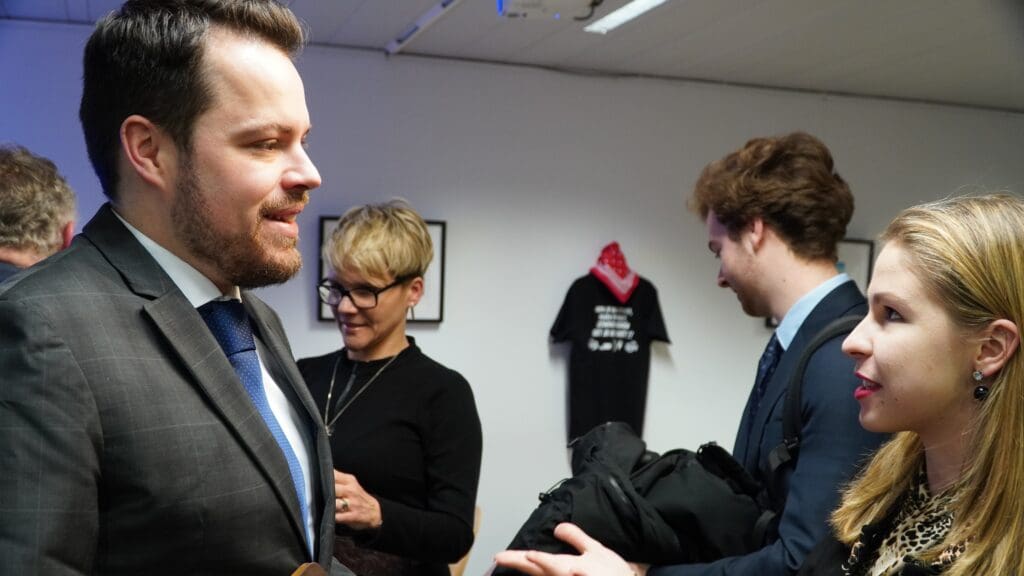
When aiming for lower emissions, it is easier for EU politicians to shut down farms than shut down industries, because farming has a smaller impact and is less visible, which makes it an easy target, governance expert Richard J. Schenk argues.
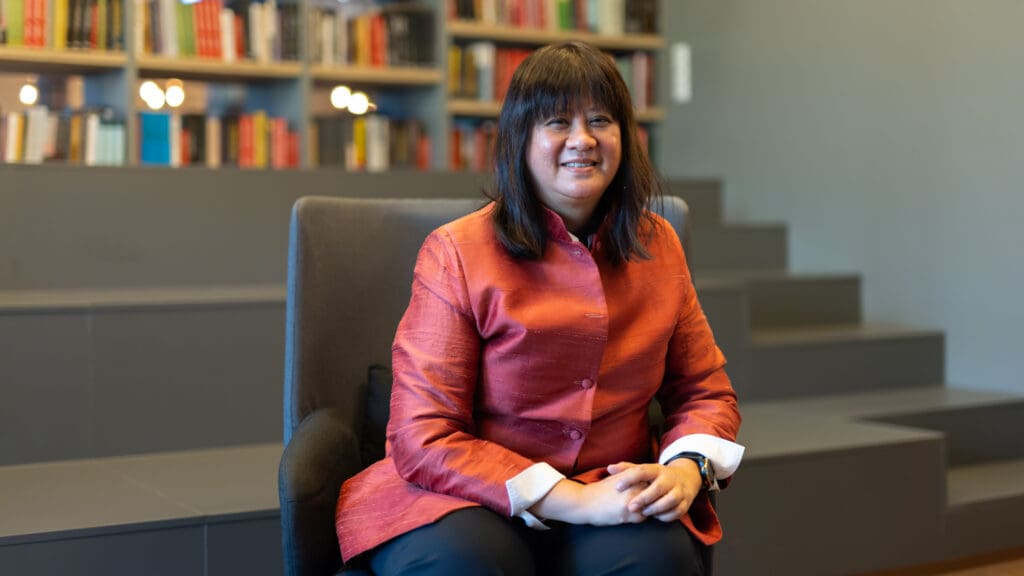
Marriage is a social good, liberal abortion laws cheapen life, and religious perspectives are legitimate if they are properly articulated. An interview about re-moralized Western states, the limitations of free speech and the right to be born as a human right.
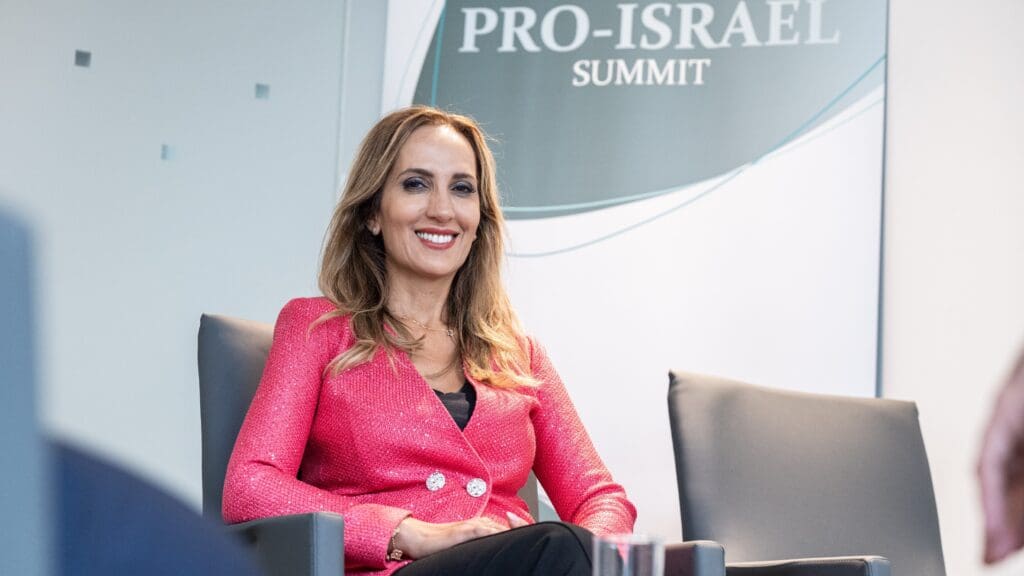
‘The path to peace in the Middle East is clear and straightforward, it’s about having the political will…If we can envision a world in which world powers actively check the Islamic Republic regime or even support the Iranian people in their quest for freedom to overthrow this regime and return to Iran’s ancient noble history, we could eliminate 90 per cent of the destabilization in the region. From there, we would work towards more peace deals between Israel and its Arab neighbours, building on the successful model of the Abraham Accords.’
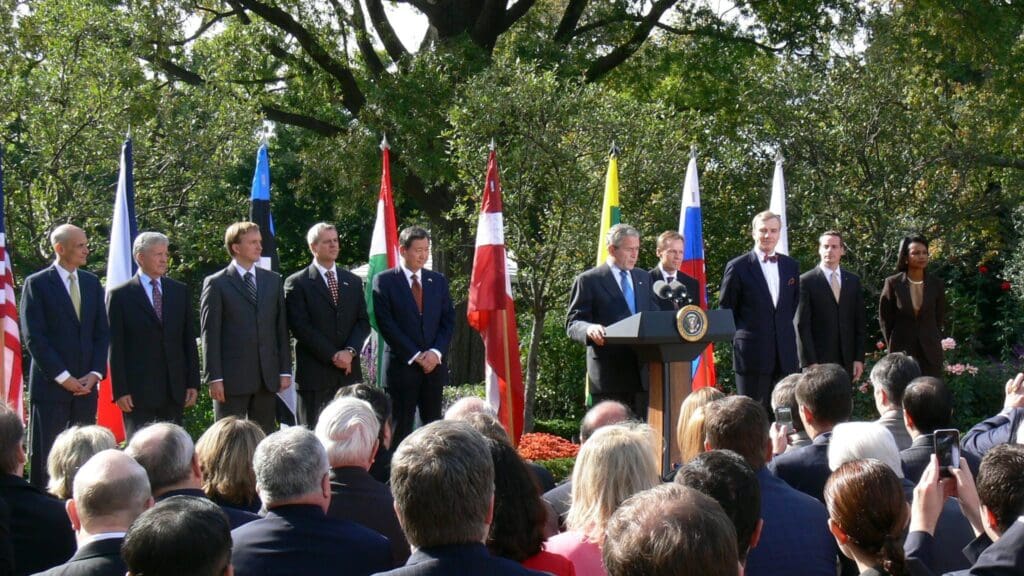
The Department of State’s failure to respond to Judicial Watch’s FOIA request has only aggravated existing concerns about the potential political motivation behind the Visa Waiver changes. The Judicial Watch lawsuit underscores the necessity for transparency and accountability in government decisions that could impact international relations and diplomatic relations.
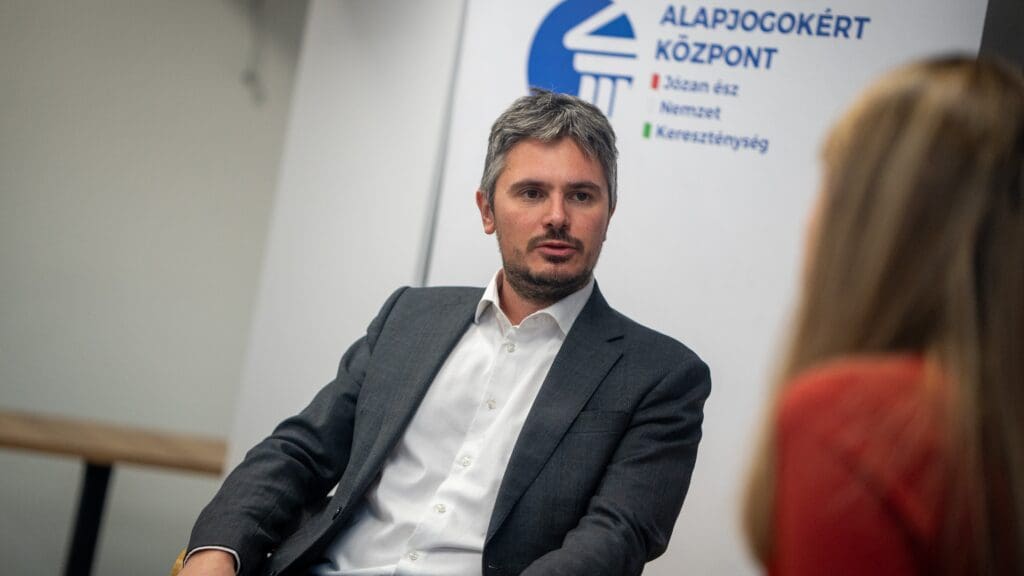
Islamic terrorism aims to destroy the West, and mass immigration from Muslim countries is the breeding ground for terrorism, Daniele Scalea holds. An interview about the impossibility of assimilation, the hypocrisy of the West, and the abuse of European asylum regulations.

The outcome of the Israel-Hamas war is unpredictable, the US support of Israel is two-faced, and the occupation of Gaza would be an enormous military burden very hard to disengage from, Christopher J. Farrell, Director for Investigations and Research at Judicial Watch and a former US Army counterintelligence officer argues.
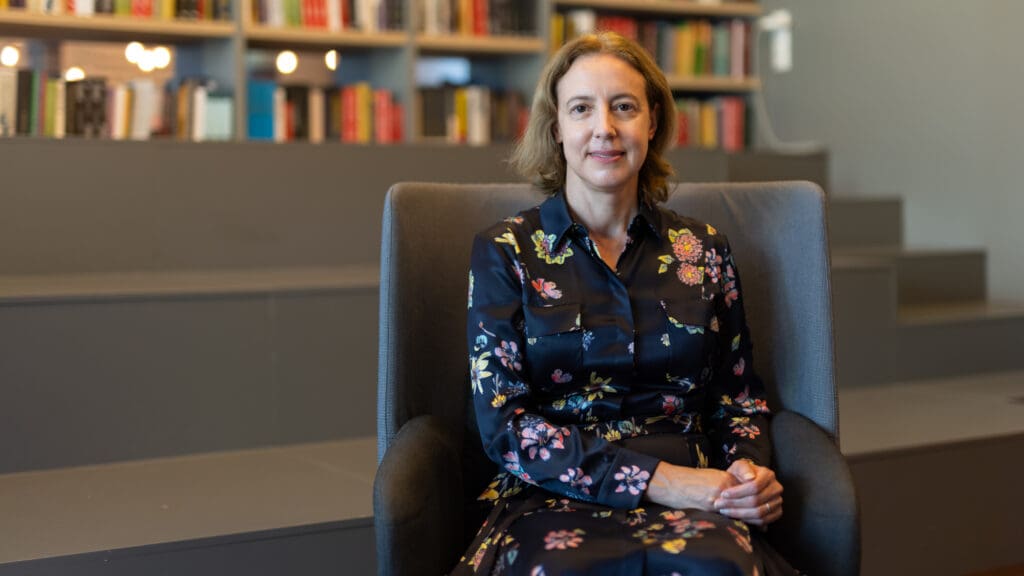
‘Many academics are cautious about what they say because they fear the opinions of their colleagues,’ Prof Renée Lerner argues. An interview about minority rights, judicial activism and manipulative federalist tendencies within the EU.
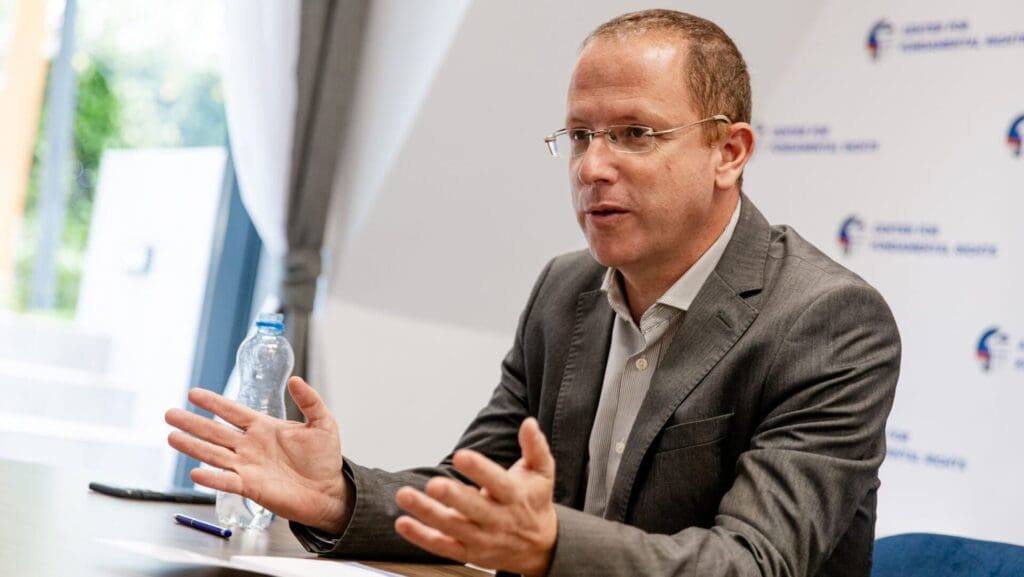
‘Israel does recognize who were the true friends and Hungary has proved for a long period of time under Viktor Orbán’s leadership that—despite the pressure from larger and possibly more powerful European countries—it can stand alone at times and will not conform with this general line that of “both sides are to blame, both sides are wrong, and let them find the solution”. Hungary understands without any doubt who the murderers are and who the victims are.’
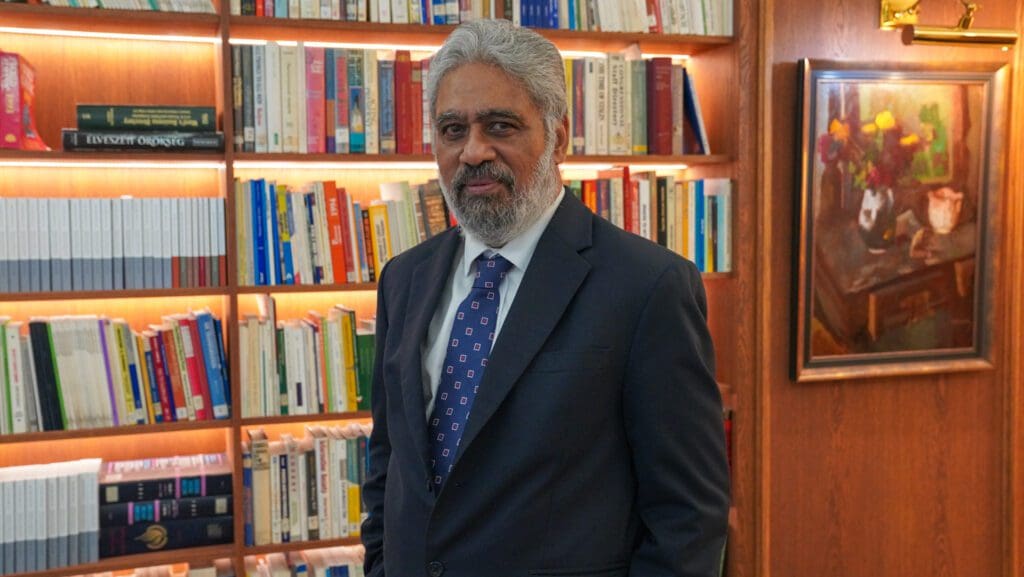
‘The foremost step is to acknowledge, from a political standpoint, that we are in an increasingly complex world: under these circumstances, India, Europe, Central Europe and Hungary can indeed work together,’ Professor Raja Mohan, a leading expert on Indian foreign policy suggests.

‘If the Hungarian government has other countries standing up for Hungary, that’s the best way to push back against Washington and Brussels,’ argues James Carafano, Senior Counselor to the President and E.W. Richardson Fellow at The Heritage Foundation.
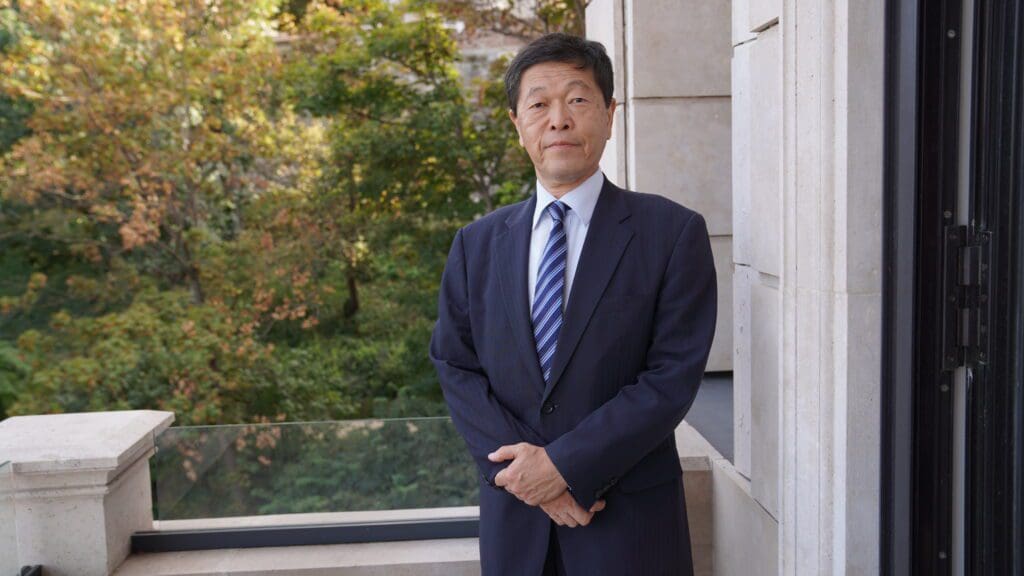
According to Professor Tokuchi, the war on Ukraine is likely to last for a substantial period of time, engagement with China is necessary but risky, and demographic challenges seriously influence Japan’s future defence capabilities.
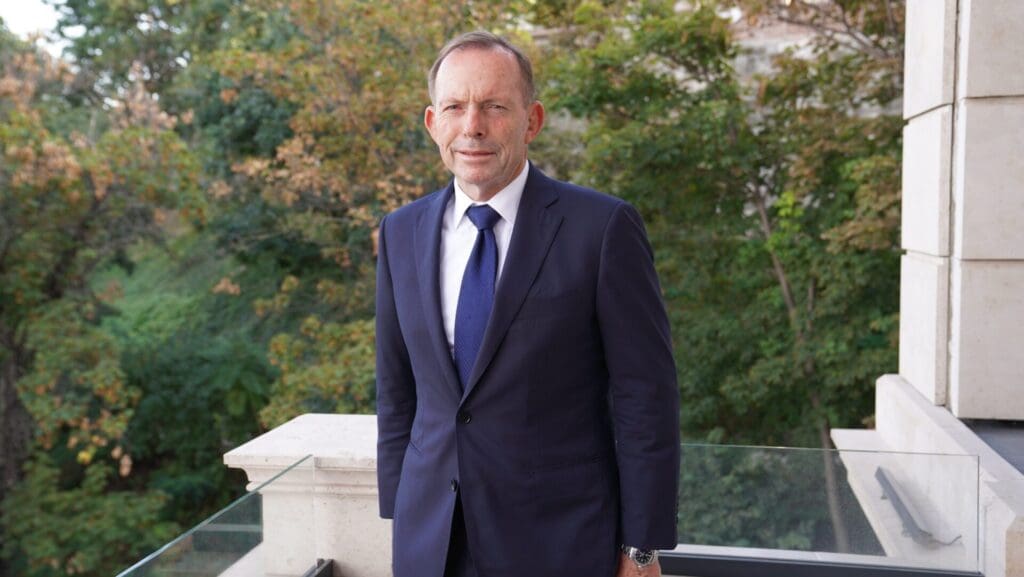
‘Governments have a duty to their own citizens to maintain the character of the country,’ Tony Abbott, former prime minister of Australia argues. An interview on migration, family policy, foreign relations, and the Russo-Ukrainian war.
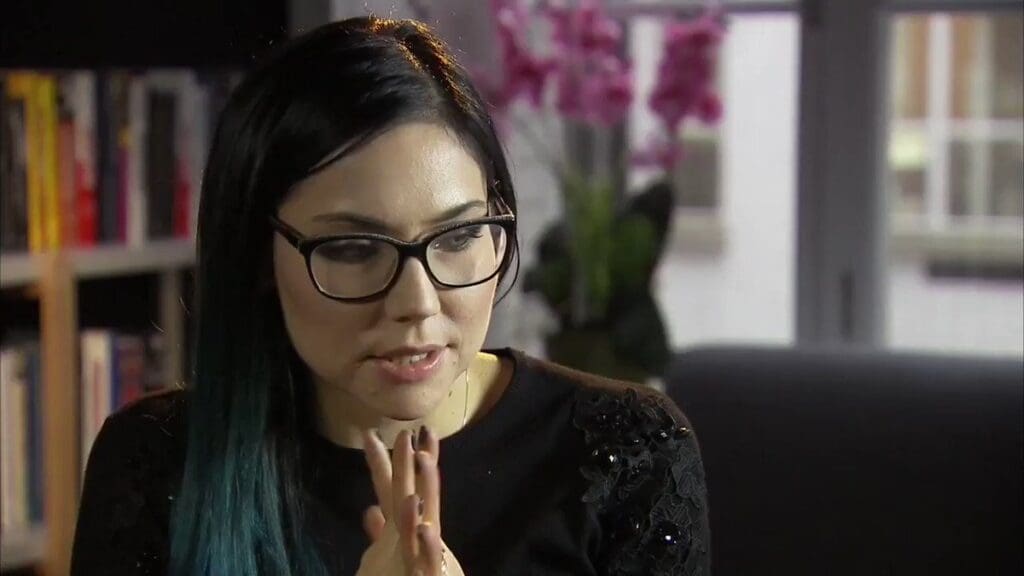
‘The best interests of children are not served by turning education into this battleground over values and this instrumental way of solving problems in society. Because as you do that, what was traditionally understood as the purpose of education, gets crowded up. And it becomes less about inculcating or teaching young people about what the best that human beings have thought or written or done: the things that as a society we have deemed worthy of being passed down to the next generation. Instead, it becomes about all of different projects.’
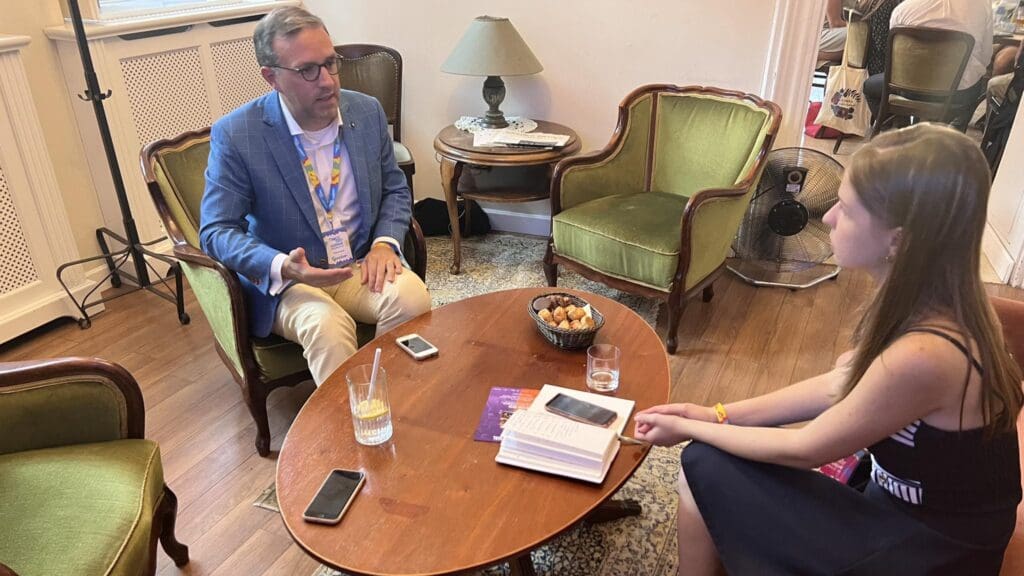
Hungary as a small country does not make decisions for global order as a whole, but it has a unique message for many other small and medium-sized countries that are in the same situation as Hungary, with the same interests in openness to other countries, connections with other countries, their existing alliances, and which also have an interest in preserving their culture and identity, Gladden Pappin suggests.

‘A significant part of European culture is fading away. The Greek tradition of philosophy, knowledge, curiosity, is being lost. We live in the period of cancel culture, of narrowing down what can be contested or argued or put into question. In terms of reason, of statecraft, state building, practical political rationality, much has also been lost.’
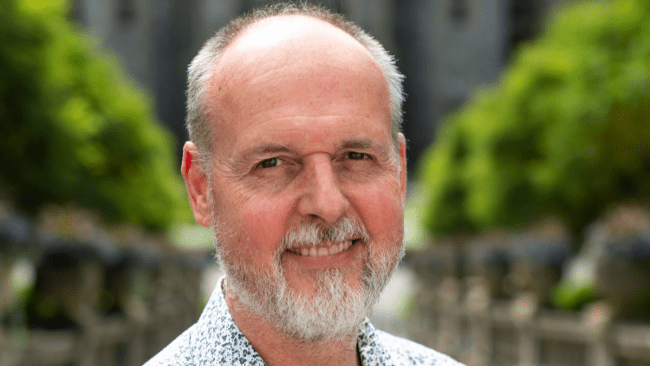
According to Professor Durodié, the EU is a fundamentally anti-democratic set of institutions that excludes the voice of the people. It is a project that lost its sense of history and therefore does no longer know where it is going to.